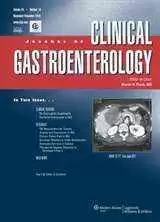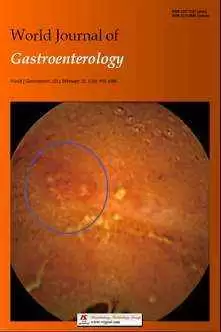
Celiac.com 12/22/2010 - A recent evaluation of the safety and efficacy of small intestinal release mesalamine (SIRM) for symptom relief in refractory celiac disease (RCD) shows that SIRM seems to be a safe and effective treatment option, though larger tests are needed to know for certain.
The research team conducting the evaluation included Shailaja Jamma, MD, Daniel A. Leffler, MD, Melinda Dennis, RD, Robert M. Najarian, MD, Detlef B. Schuppan, MD, Sunil Sheth, MD, and Ciaran P. Kelly, MD,
Celiac.com Sponsor (A12):
They set out to evaluate the safety and efficacy of small intestinal release mesalamine (SIRM) for symptom relief in refractory celiac disease.
There are currently no adequate clinical therapies for patients with refractory celiac disease and corticosteroid and/or immunosuppressants treatments are of limited use due to side effects. SIRM has been shown to reduce local inflammation, and it is well tolerated.
For the study, the team looked at records of the refractory celiac disease patients who received SIRM in an open-label therapeutic trial. Data included patient demographics, disease characteristics, dose and duration of SIRM therapy, and patient response.
The team then categorized each response as complete, if symptoms resolved completely, partial if symptoms improved at least 50%, and non-responsive if symptoms improved less than 50%.
The team treated four patients with SIRM alone and six patients with a combination of SIRM and oral budesonide. After four weeks, half of the patients showed complete response, while 10% showed a partial response. Two of the six patients were able to discontinue budesonide. One patient discontinued SIRM after complaining of headaches.
These initial results indicate that SIRM seems to be a safe and efficacious treatment option in patients with refractory celiac disease, though a larger, more comprehensive study is needed to confirm these results.
Source:
-
Open Original Shared Link






Recommended Comments
There are no comments to display.